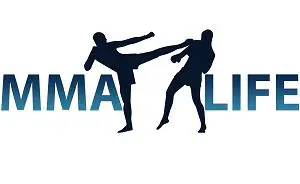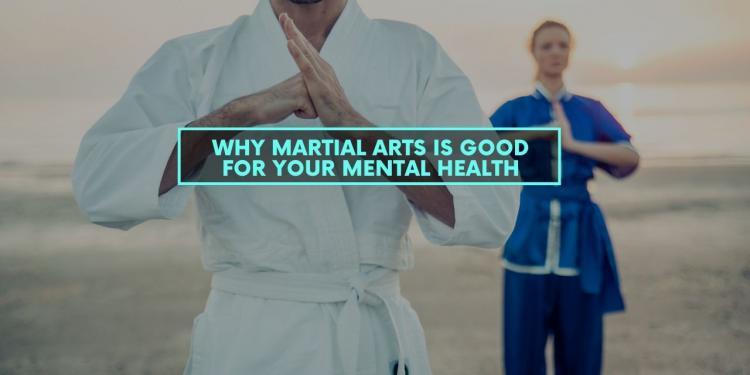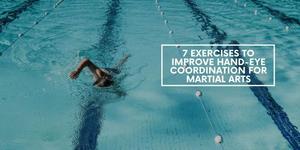Mental health issues are running rampant in modern society, especially among those younger. Rates of anxiety and depression are rising steeply and rapidly since 2010. According to the American Psychological Association:
The rate of individuals reporting symptoms consistent with major depression in the last 12 months increased 52 percent in adolescents from 2005 to 2017 (from 8.7 percent to 13.2 percent) and 63 percent in young adults age 18 to 25 from 2009 to 2017 (from 8.1 percent to 13.2 percent). There was also a 71 percent increase in young adults experiencing serious psychological distress in the previous 30 days from 2008 to 2017 (from 7.7 percent to 13.1 percent). The rate of young adults with suicidal thoughts or other suicide-related outcomes increased 47 percent from 2008 to 2017 (from 7.0 percent to 10.3 percent).
That is why it is more important now than ever to put the spotlight on mental health. While seeing a therapist and prescriptions may help, there are other proven ways to treat mental well-being that doesn't involve a doctor's visit. One especially useful way is to learn martial arts. Why is learning martial arts good for your mental health? This article will discuss the numerous reasons why.
Builds Resilience and Mental Toughness
Resilience is the ability to successfully deal with and endure hardship. A really resilient person that comes to mind is Viktor Frankl, holocaust survivor and author of Man's Search for Meaning.
In the book he described the endless terrors of Auschwitz and his daily struggle for survival. During the war, he lost his wife and pretty much all family. But when he got out, he went on to obtain a medical degree, live a life full of meaning, and wrote his now-famous book to detail his experience in the camp. If you have time, you really should read the book. It is fascinating how he he was able to deal with the daily terror there.
But that is the essence of resilience, the ability to persist and bounce back after hardship. Resilience won't make your hardships go away, but it is an important coping mechanism that help you move past it.

Being resilient is to realize that there is light at the end of the tunnel---that the hardships endured will lead to something fruitful. In martial arts, you are consistently being challenged as you learn new techniques and compete. If you attend class and challenge yourself, you will see improvements 100 percent of the time---the feedback loop works 100 percent of the time.
The good feeling you get when you finally learn the spinning heel kick, get your purple belt, beat someone in a competition, etc---it all changes your perception towards challenges and hardships. You associate challenges with curiosity and optimism, instead of dread. Building resilience means changing your personal narrative from "I can't do this" to "I can do this." The story you tell yourself makes all the difference in the world.
Builds Self-Esteem
The association between self-esteem and mental well-being is a long-established psychiatric tenet, built upon decades of research. Your self-esteem takes a beating when your mental health is not up to par, and mental health problems in turn lowers your self-esteem. It is a vicious cycle.
But self-esteem is not a fixed trait. It can be built and increased. And martial arts is one of the best ways to increase self-esteem just by virtue of the challenges you face to improve at it. You build physical toughness, mental toughness, discipline, persistence, all of which are important in building self-esteem.
Learning Something Difficult and New Is Good For You
The constant rumination in our heads----negative self-talk, thinking about the past, worrying about the future---is the origin of our mental anguish. One of the primary techniques therapists advocate for dealing with mental anguish is to learn how to focus on the present. Of course, it is easier said than done.
So what are some ways we can learn to concentrate on the present? Meditation is one of the most powerful ways to learn how to focus on the present. Another way is to learn something difficult but achievable. When we learn something new that is difficult, we relieve ourselves from the constant rumination. Instead, we are solely focused on the present, focused on problem-solving.
Learning new things also breaks us out of an established pattern of behavior---new pathways open up in the brain because we are learning something new. Every exposure to something new changes and challenges our current mode of thinking. For martial arts, it will most likely change our mindset for the better because of the challenges we overcome on the road to learning martial arts.
Physical Exercise is Proven to Help
It has been a long-established fact that exercise is extremely beneficial for mental health because it releases important chemicals like endorphins and serotonin that improve mood. People have ceased medication after taking up exercise and mental health professionals recommend exercise as a supplement to treatment.
Of course any type of exercise is better than none. But it seems that hard sustained cardio and some strength training seem to be the right mix for optimizing your mental health. Martial arts allows for both sustained cardio and building strength.
Most martial arts classes have a techniques portion that is not cardio-intensive, but the drilling and the sparring are quite vigorous. And martial arts classes commonly have a portion of stretching and plyometrics in the beginning to build flexibility and strength. In addition, the drills done in class are also essential to building functional strength. Most real martial art schools will make you strong and fit without the need for lifting free weights or running. It is the nature of martial arts training---to build a strong and able body.
Builds Friendships and Community
Even though we are more digitally connected now than ever, we are also more isolated now than ever. There are endless stories of people with hundreds of friends on Facebook, but no one to talk to. According to research by AARP from 2010, loneliness has doubled from 20 to 40 percent among those that are 45 and older. Another study tracked high school students from 1991 to 2012 and found increased reports of social isolation (not having people to turn to, left out of events, wished had more friends). Loneliness and social isolation comes with a plethora of physical and mental health issues, including accelerated cognitive decline, depression, heart disease, and a earlier mortality.
This is where martial arts comes in. Although group exercises like yoga, crossfit, and boot camp can foster friendships, martial arts does a better job at it.
Unlike other forms of group fitness, you actually spend a fair amount of time in class talking with your classmates as you do drills and spar with them. The physical intimacy formed with your classmates in martial arts is hard to replicate elsewhere. Some of my closest friendships were formed from people I've met through martial arts.
Takes Your Mind Off Of Things And Allows For Reset
You don't know how many times going to class has saved me from ruminating in my own thoughts and wallowing in my own self-pity.
It is really easy to get lost in your thoughts when you are in a rut. And when you are in that state of mind, you are more susceptible to make stupid decisions. In my younger years, when I would feel down, I would always hit the casinos and blow a lot of money, and then come home feeling even worse.
Martial arts is a much better alternative to get your mind off things. When you are in class, 100 percent of your focus is on training, not your problems. So for those few hours, you are completely immersed in something else and not getting down on yourself. Although it is only taking your mind temporarily off your problems, it does provide you to get out of your head for a little bit. This allows a chance for you to come back to your thoughts with fresh eyes and look at your thoughts in a different light. The distraction offers a reset button.




